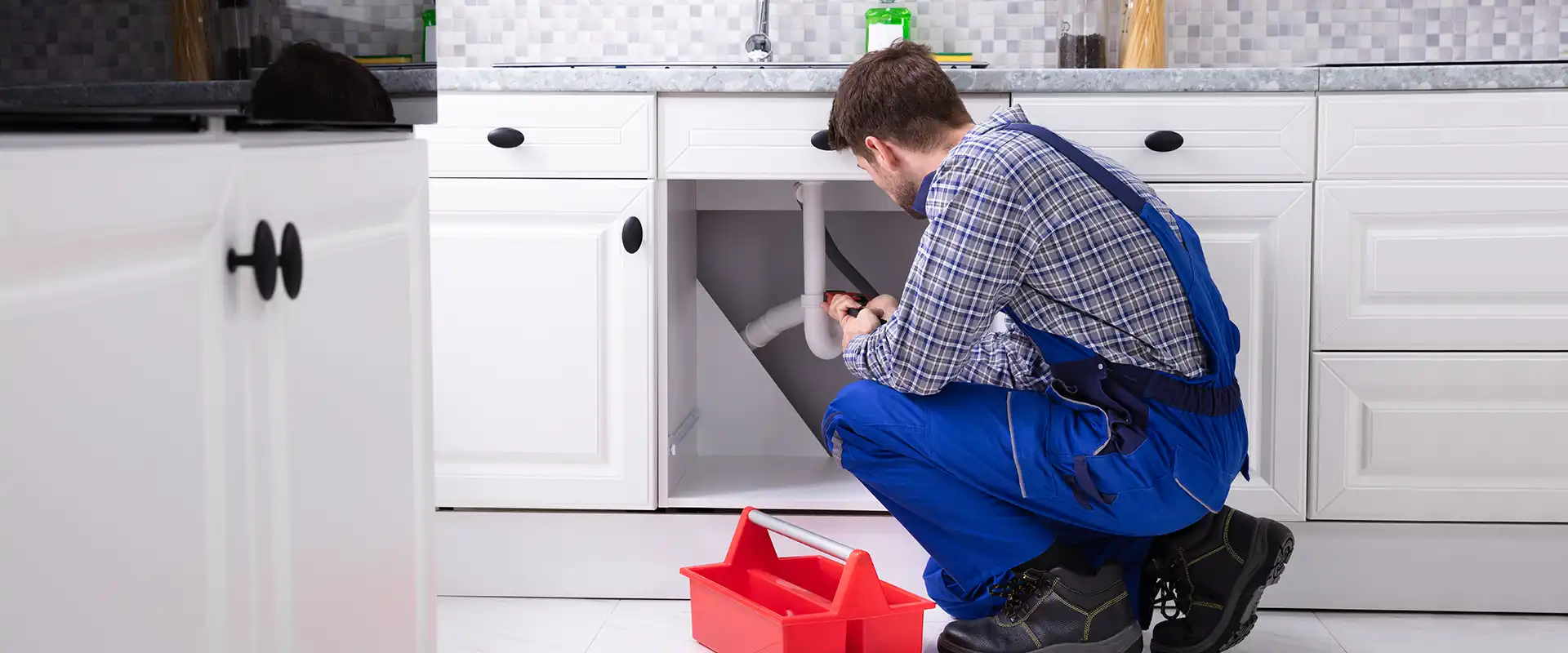HVAC
Keep your home comfortable year-round with Rinaldi’s professional HVAC services. We offer expert maintenance, repair, and installations using trusted brands like Lennox and Rheem. From efficient air conditioning to reliable heating solutions, our team ensures optimal performance and energy savings, keeping your family comfortable no matter the season.

Plumbing
From minor repairs to major overhauls, Rinaldi’s plumbing services have you covered. We handle everything from water heater replacements and leak detection to clogged drains and re-piping. With 24/7 emergency availability, we’re here when you need us most, providing fast, efficient solutions to keep your plumbing running smoothly.

Water Filtration
Enhance your home’s water quality with Rinaldi’s HALO whole-home filtration systems. Designed to remove impurities and improve taste, these systems deliver clean, safe water for every tap. Whether for cooking, bathing, or drinking, enjoy the peace of mind that comes with healthier water for you and your family.

Air Purification
Improve your indoor air quality with the REME HALO in-duct purifier from Rinaldi’s. These advanced systems reduce allergens, mold, bacteria, and odors, providing cleaner, healthier air throughout your home. Perfect for families with respiratory concerns, our air purification solutions help you breathe easier and enjoy a fresher living space.

Insulation
Lower energy bills and boost home comfort with Rinaldi’s blown-in attic insulation. Using Owens Corning insulation with a lifetime no-settle warranty, we improve your home’s energy efficiency by preventing heat loss and regulating indoor temperatures. Experience year-round comfort and significant energy savings with our expert insulation services.

Generators
Ensure reliable power during outages with Rinaldi’s generator solutions. Specializing in Kohler generators, we provide expert installation, repair, and maintenance to keep your backup power system running smoothly. Stay prepared and protect your home or business from unexpected power interruptions with our dependable generator services.


Plumbing, HVAC & Generator Services for Homes & Businesses in Central Florida
Since 1969, Rinaldi’s Energy Solutions has been Central Florida’s trusted provider for HVAC, plumbing, generator, and energy efficiency solutions. Based in Orlando, we offer expert installation, repair, and maintenance services designed to enhance energy efficiency, comfort, and functionality for homes and businesses. With a focus on quality, we partner with top brands like Lennox, Rheem, Kohler, and more to deliver reliable results and an unbeatable value.
Our commitment to customer satisfaction includes 24/7 emergency services, ensuring your comfort and peace of mind. From air conditioning and indoor air purification to generator installation and comprehensive plumbing services, we provide turnkey solutions tailored to your needs. Choose Rinaldi’s for decades of expertise, superior service, and energy solutions you can depend on.
Why Choose Rinaldi’s Energy Solutions?
Experienced
Since 1969, Rinaldi’s has proudly served Central Florida, offering over 50 years of expertise in HVAC, plumbing, generators, insulation, and more for homes and businesses.
Local Professionals
Based in Orlando, Rinaldi’s is local and fully licensed and insured. Our skilled team has in-depth knowledge of the solutions that work best for properties in Central Florida.
Customer-Focused
We’re committed to delivering exceptional service with quick response times, 24/7 emergency support, and tailored solutions to meet your unique needs and exceed expectations.
Quality Products
We partner with trusted brands like Lennox, Rheem, Kohler, and Owens Corning, offering top-tier equipment for HVAC, plumbing, and energy efficiency solutions that stand the test of time.

Current Specials
Contact our team to take advantage of our limited-time offers and specials or financing options.





.png)











.png)





